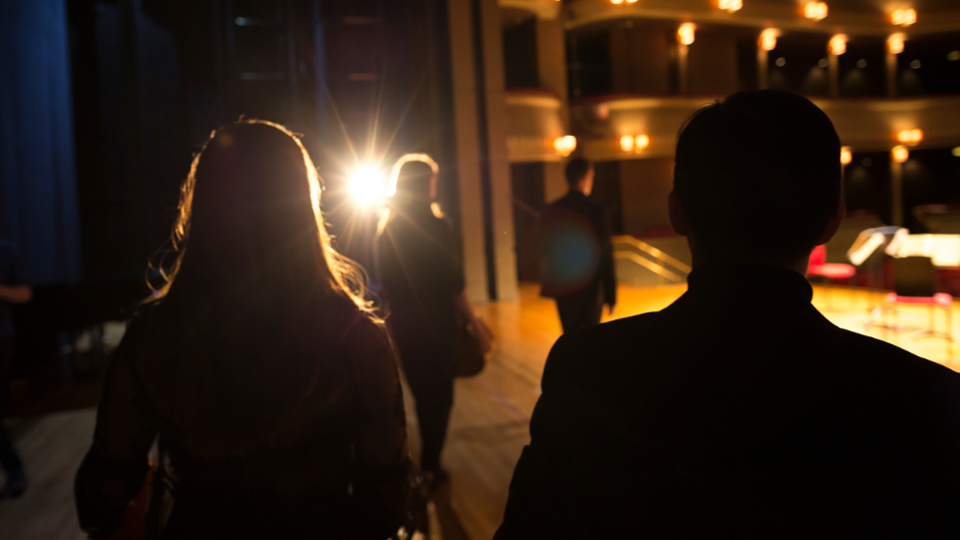We aim to provide a friendly and welcoming atmosphere so that auditioning at the Royal College of Music is a positive experience.
Your audition is your chance to demonstrate your talent and potential. We are excited to see what you are capable of, and help you decide whether the HÂþ» is the right place for the next stage of your musical journey.
Below you will find our brochure for auditions at the HÂþ», general guidance about what to expect on the day, and faculty links so that you can check the format of your audition and the repertoire you need to prepare.
Your audition
Most auditions last approximately 15-20 minutes, but some specialisms have longer audition processes, or may require you to attend a second panel usually on the same day.
The majority of your audition will be spent performing your repertoire. In some cases you may also be given a short sight-reading task and asked to perform scales, arpeggios or other technical exercises. The audition will finish with a short discussion with the panel. Typical questions you may be asked include:
- Why do you want to study at the HÂþ»?
- What are your musical interests?
- What do you think you need most to improve?
Joint Principal HÂþ» audition
If you have applied for the BMus Joint Principal HÂþ» programme, you will be invited to audition on both specialisms. Wherever possible, we try and conduct these auditions on the same day, but this might not be possible due to the panel availability.
Audition warm-up
For most specialisms, you will be allocated a 15 or 20 minute warm-up prior to your audition. Please note that the time shown on your UCAS Conservatoires account is your audition time, so make sure you arrive in good time to allow for your warm-up.
Audition advice
We understand that auditioning for conservatoire is a big step and it is completely normal to be nervous! Our best advice is to make sure you have prepared throroughly. Where Faculties allow you to choose your repertoire, select works you can perform confidently and that showcase the best of your ability. Leave enough time for your journey to the HÂþ» to ensure you have plenty of time to get to your warm-up room.
If you do make a mistake in your performance on the day, don't worry and keep going. Remember the panellists are used to seeing through nerves and want you to do well. If you have any questions about studying at the HÂþ», you are welcome to ask the panel and they will be happy to help.
Most of all, try to relax, breathe and enjoy your experience of auditioning at the Royal College of Music.
What should I bring to my audition?
Bring anything needed for your instrument. For example, spike grips for cellos, mutes for brass instruments and sticks for percussionists.
You should also bring any accompaniment parts, but you do not need to bring copies of the music you will be performing for the panel.
After your audition
You will be informed of the result of your audition as soon as possible. If you are successful, you will be sent further information to help you prepare for your studies at the HÂþ».
Find out more about what happens after your audition






